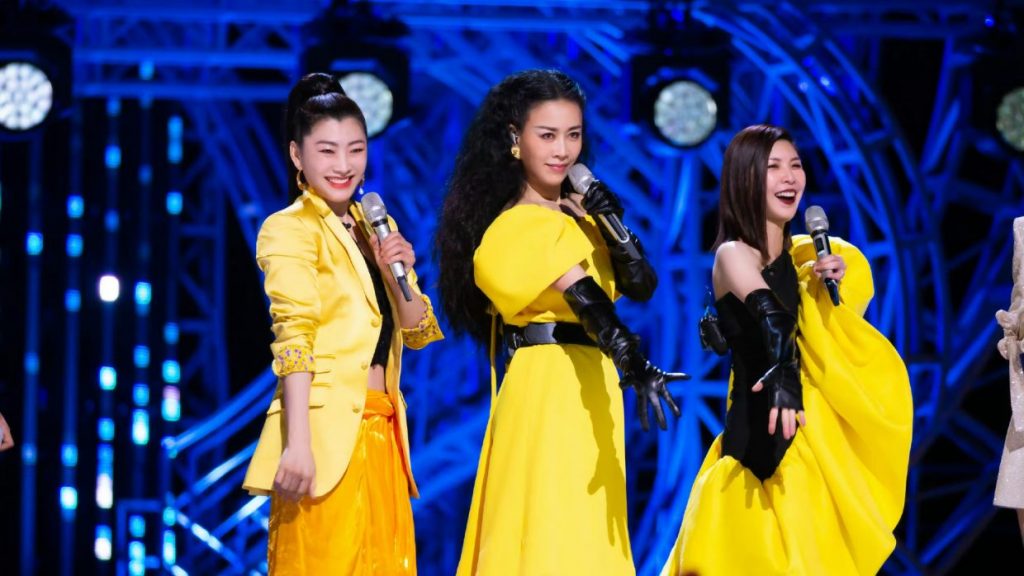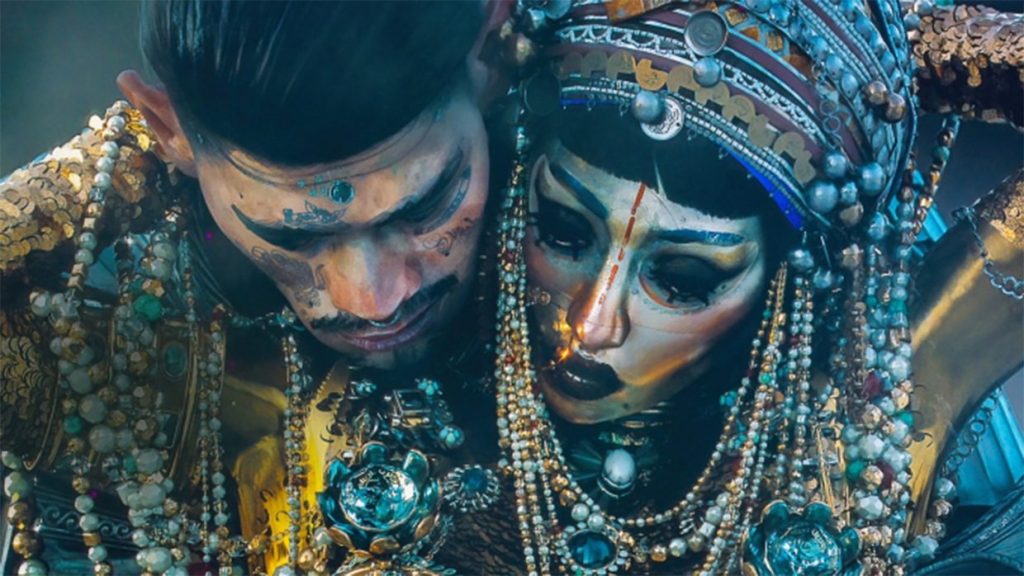The third season of the variety show, “Sisters Who Make Waves,” is taking China’s internet by storm. How can luxury brands ride on its popularity?

After a successful first and second season, the hyper-popular domestic variety show, “Sisters Who Make Waves (乘风破浪的姐姐),” is taking China’s internet by storm once again. Even before the program aired, the show’s comeback drove significant online traffic. On May 17, the announcement of the celebrity roster garnered over 230 million views on Weibo within eight hours.
Unlike other talent shows where young unknown contestants compete to debut as a new girl or boy group, the Mango TV reality series invites 30 established female celebrities over the age of 30 to vie for a chance to re-debut on the stage. The casting largely taps into Millennials and Gen Z’s nostalgia.
From Taiwanese singer and actress Cyndi Wang, who was one of the hottest stars in the 2000s and early 2010s, to Jessica Jung, the Korean idol and ex-member of the K-pop band Girls’ Generation, this season’s participants did not disappoint. On the first day alone, the show was played 136 million times, far surpassing the viewership of the previous two seasons.
Here, Jing Daily analyzes how luxury brands can take advantage of this trending TV program.
Dressing contestants
In recent years, high-end houses have been leveraging young traffic stars like Ouyang Nana, Song Zu’er, and Zhao Jinmai to appeal to Gen Z. However, the overly young cast of ambassadors alienates older generations from mirroring themselves in luxury brands’ offerings. Considering that China is one of the fastest aging populations in the world, this might be a loss for companies.
The program’s celebrities present a unique opportunity for companies to reconnect with these older demographics by leveraging familiar faces. At the same time, because the series is widely popular among young consumers, dressing, featuring, and endorsing these stars will greatly resonate with this target, too.
London-based demi-fine jewelry brand Missoma seems to have anticipated the popularity of the show. Thus far, its iconic necklaces, rings, and earrings have been seen on multiple contestants, such as 43-year-old singer and actress Aya Liu, singer and songwriter Kelly Yu, and Tan Weiwei, runner-up of the third season of the national singing contest “Super Girl.” Continue to read the full article here






